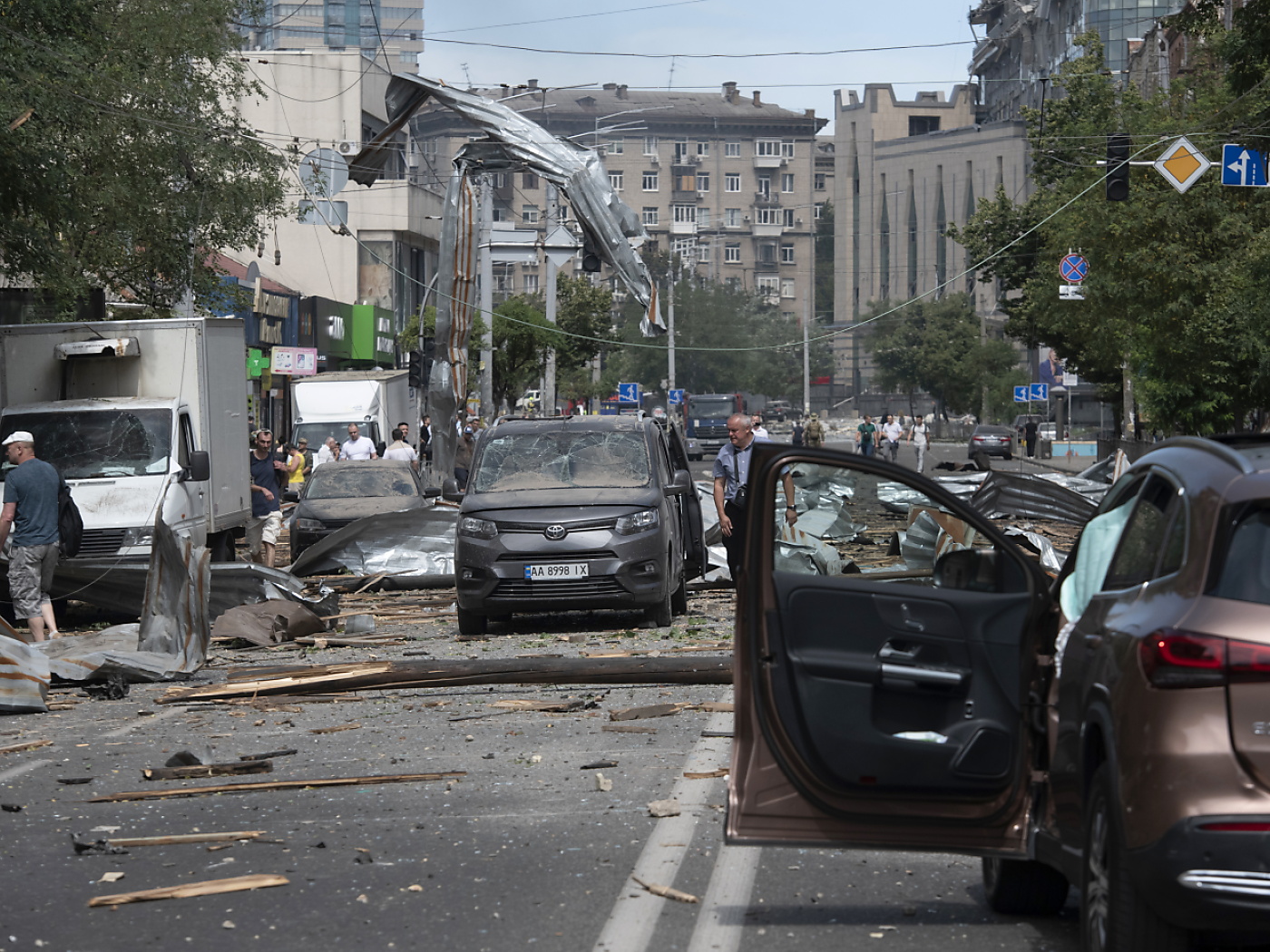
Switzerland expands its list of sanctions against Russia

Switzerland has extended the list of sanctions against Russia. It is thus adopting the changes decided by the European Union (EU) due to Russia's ongoing military aggression against Ukraine.
The Swiss Federal Department of Economic Affairs, Education and Research, which is responsible for sanctions, announced that the changes will come into force at 6pm on Tuesday. Switzerland has also sanctioned 69 natural persons and 47 companies and organisations.
News today from Switzerland: get the most important news from Switzerland in your inbox.
The newly sanctioned persons include in particular business people, propagandists, members of the armed forces and the judiciary as well as persons responsible for the deportation of Ukrainian children, the statement continued. Members of the domestic intelligence service of the Russian Federation are also on the list.
+Swiss ministry says 11 appeals filed against Russia sanctions
The newly sanctioned companies and organisations are mainly Russian arms companies and companies that are actively involved in circumventing sanctions in the financial and trade sectors, the Federal Department of Economic Affairs, Education and Research wrote. The number of sanctioned persons, companies and organisations totals more than 2,200.
The EU issued its 14th sanctions package on June 24. Further measures from this package in the energy sector, financial sector and goods sector are currently under review.
+Swiss prosecutors reportedly probing Russia sanctions breaches
Switzerland has largely adopted the EU sanctions against Russia. However, it has not joined the sanctions against four Russian media outlets. The Federal Council was of the opinion that it would be more effective to counter untrue and harmful statements with facts rather than banning them.
Translated from German by DeepL/amva
This news story has been written and carefully fact-checked by an external editorial team. At SWI swissinfo.ch we select the most relevant news for an international audience and use automatic translation tools such as DeepL to translate it into English. Providing you with automatically translated news gives us the time to write more in-depth articles.
If you want to know more about how we work, have a look here, if you want to learn more about how we use technology, click here, and if you have feedback on this news story please write to english@swissinfo.ch

In compliance with the JTI standards
More: SWI swissinfo.ch certified by the Journalism Trust Initiative




























You can find an overview of ongoing debates with our journalists here . Please join us!
If you want to start a conversation about a topic raised in this article or want to report factual errors, email us at english@swissinfo.ch.